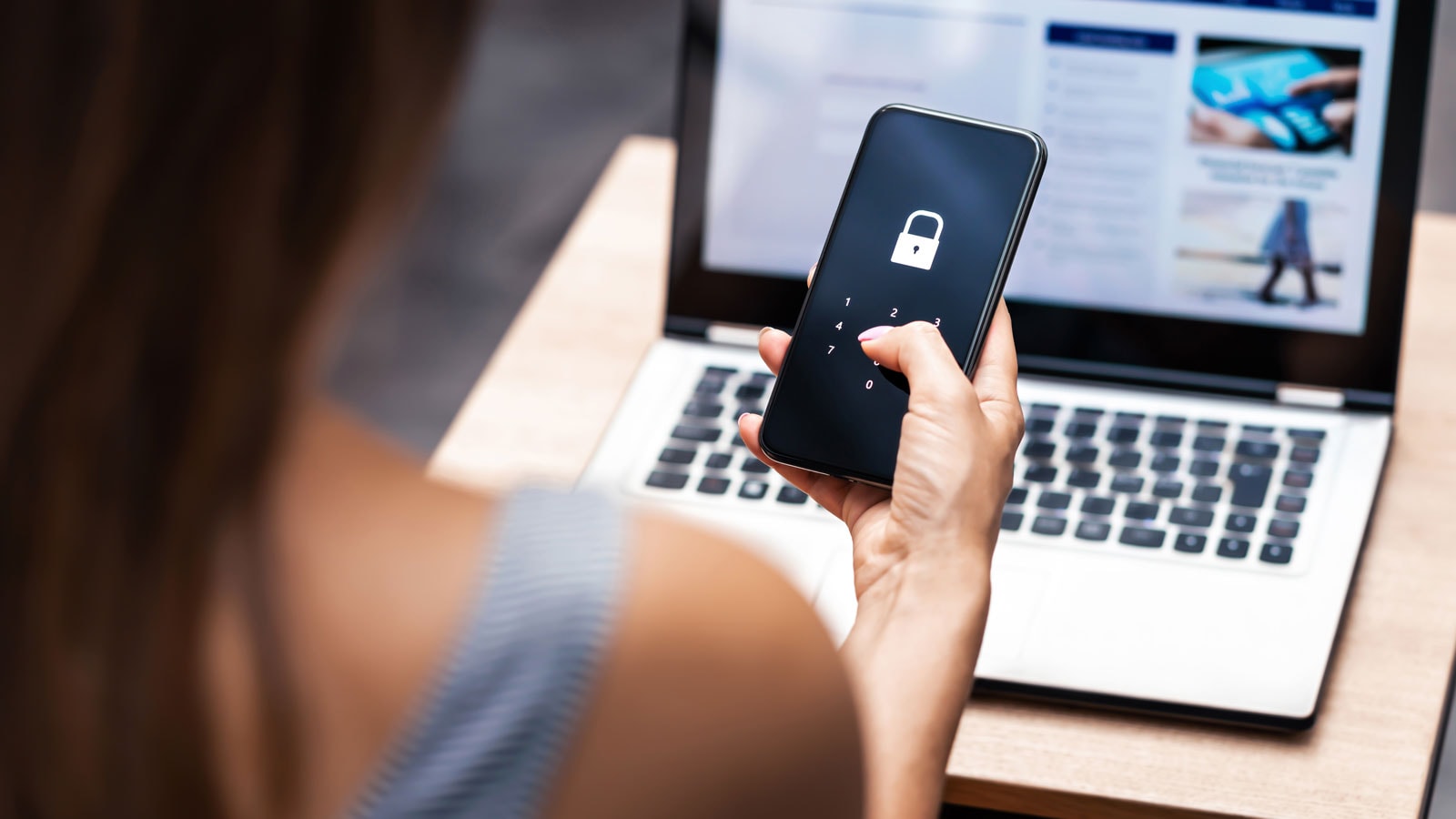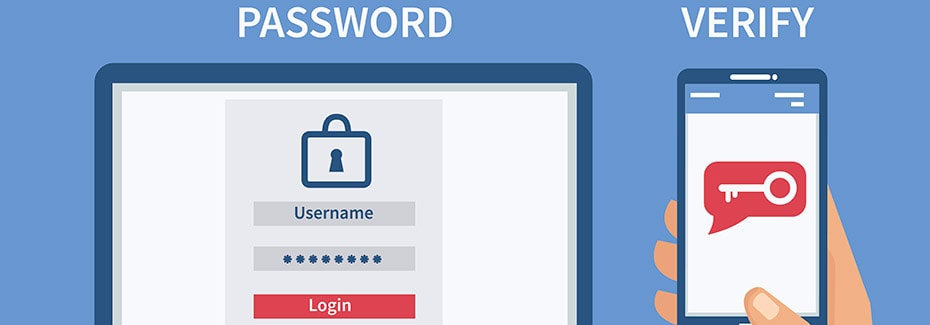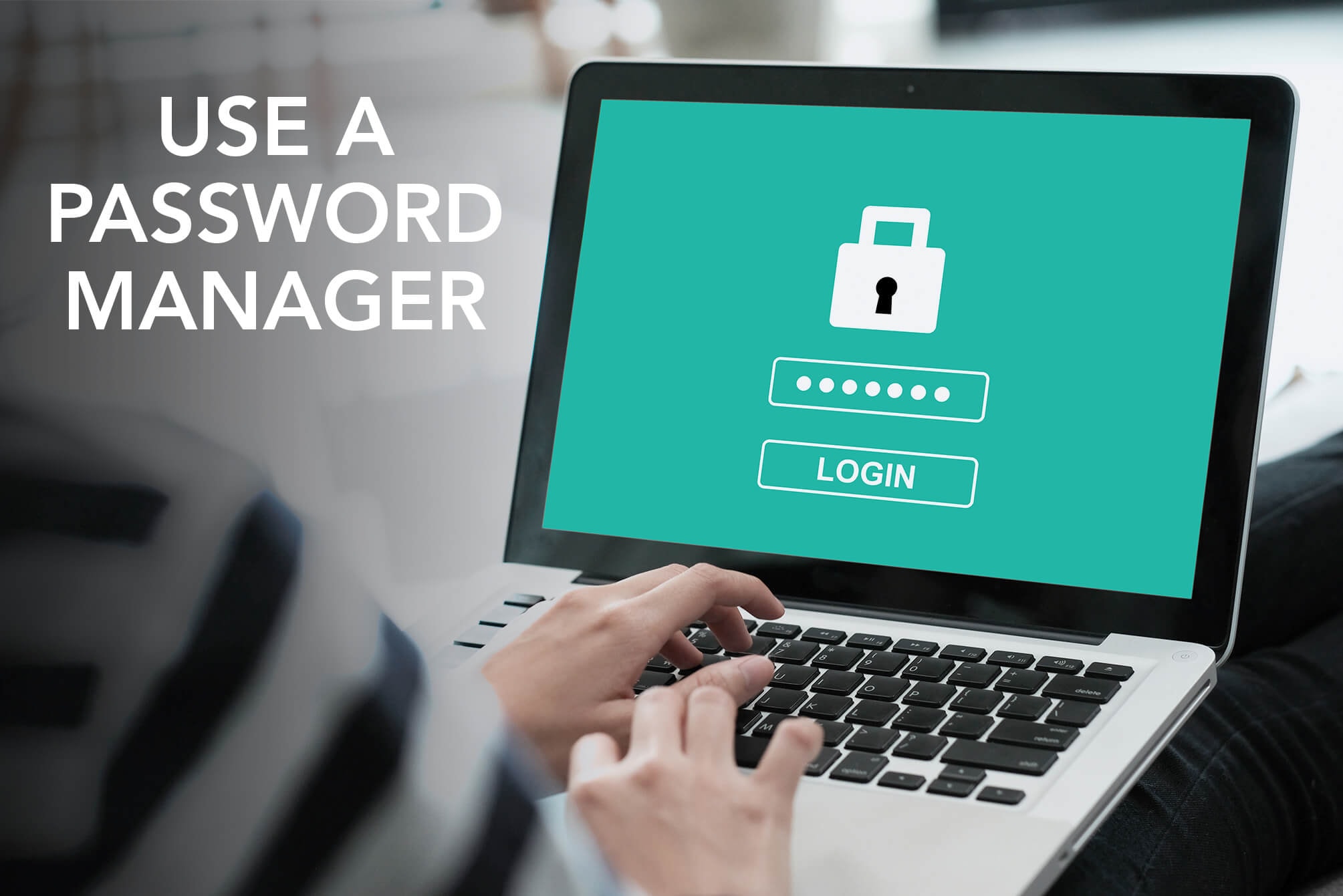How to stop companies from collecting your personal data?
Your personal data is a valuable asset, and businesses are constantly looking for ways to collect it through the apps and websites you use every day. Discover how to effectively protect your privacy and prevent unauthorized data collection.
Your personal data is an extremely valuable asset to advertisers, cybercriminals, and a wide range of companies across a wide range of industries.
They collect this information to target ads, build user profiles, or even use it for shady purposes.

Therefore, it is extremely important to control personal data, know exactly who is collecting it and how it is used.
One of the most effective ways to protect your privacy is to limit the access that apps and services have to your device.
Many apps can silently copy your contacts, scan your photo library, or even track your location without you knowing.
The simple but important solution is to only download apps that are really necessary, read the privacy terms carefully, and reject irrelevant access requests.
Here are some tips to help you protect your device and prevent unauthorized data collection, giving you more control over your personal information.
1. Read the privacy policies and reports
You can check exactly what kind of data an app collects from your phone or a website collects from your browser by carefully reading the company's privacy policy.
Most online services have a separate “Data Collection” or “Privacy” section that outlines what information they collect, how they store it, and what they do with it.
For a quicker approach, you can check the privacy report section on app stores like Google Play (for Android) and App Store (for iOS).

These reports typically provide a list of the types of data the app has access to, including location, contacts, browsing history, or even message content.
Also, keep an eye on your inbox. Companies often email customers when there are changes to their privacy policies or when there are security breaches.
Keeping track of these notifications helps you stay informed and make informed decisions about whether to continue using the service or take additional security measures.
2. Always opt out of data collection
Many companies are integrating generative AI tools into their services, and in some cases, like the professional networking and recruiting social media platform LinkedIn, they use customer data itself to train AI models.

If you don't want LinkedIn to collect your posts in the future for AI training, you can proactively control that by going toSetting, selectData privacyand turn off the optionData to improve generative AI.
In addition to adjusting your personal settings, you can also use your voice to object to data collection policies that do not match your interests.
This shows that voicing your views is not in vain. Companies can adjust their policies if there is strong customer feedback. So keep a close eye on how your data is used and don't be afraid to speak up if you feel your privacy is being violated.
3. Purposefully obfuscate your data
Be careful about giving out personal information online, and if possible, don't give out real information when it's not necessary. Of course, when dealing with government agencies or banks, you need to make sure it's accurate, but there's no reason for a cooking site to ask for your full name, date of birth, phone number, and address just to get a recipe.

If an app or website asks for information that doesn't make sense to you, don't give out your real data. In many cases, online forms only ask for optional information, so you can skip unnecessary personal details.
Additionally, take control of your privacy by opting out of tracking cookies on websites and limiting apps' access to personal data. This won't impact your experience, but it will help reduce security and privacy risks.
4. Enable multi-factor authentication
You can take your personal data protection a step further by enabling multi-factor authentication (MFA) on all your important apps and websites. This is an extra layer of security that helps prevent bad guys from accessing your account, even if they get your password.

Photo: Internet.
There are many authenticator apps that you can use with your mobile device, or you can carry a hardware security key on your keychain.
Although it may be a bit inconvenient to enter a code every time you log in, consider it a solid wall of protection against cyber attacks, helping you keep your personal information safe.
5. Use a Password Manager
You should also consider using a password manager to protect and keep track of your login information. Tools like Apple Passwords or Google Password Manager can help you store, autofill, and generate strong passwords without having to remember them all.

If you want more control, third-party password managers like Enpass let you choose where your data is stored, either in a private cloud or locally on your device. This helps you avoid relying entirely on your company's systems and reduces your risk of being affected if a data breach occurs.
Such a simple yet effective layer of protection can help keep you safe from online risks.
While data breaches and security incidents at companies are no longer as shocking as they once were, that doesn't mean the consequences of having your personal data leaked are any less worrying.
Scammers can use exposed personal information to build sophisticated scams, making you an easy victim of social engineering attacks.
Additionally, hackers can exploit leaked data to break into less secure accounts, stealing your identity or finances.
Additionally, corporations can use your images, videos, and online data to train AI without your explicit consent.
Therefore, being careful with your personal data is more important than ever.

.jpg)
.jpg)
.jpg)


